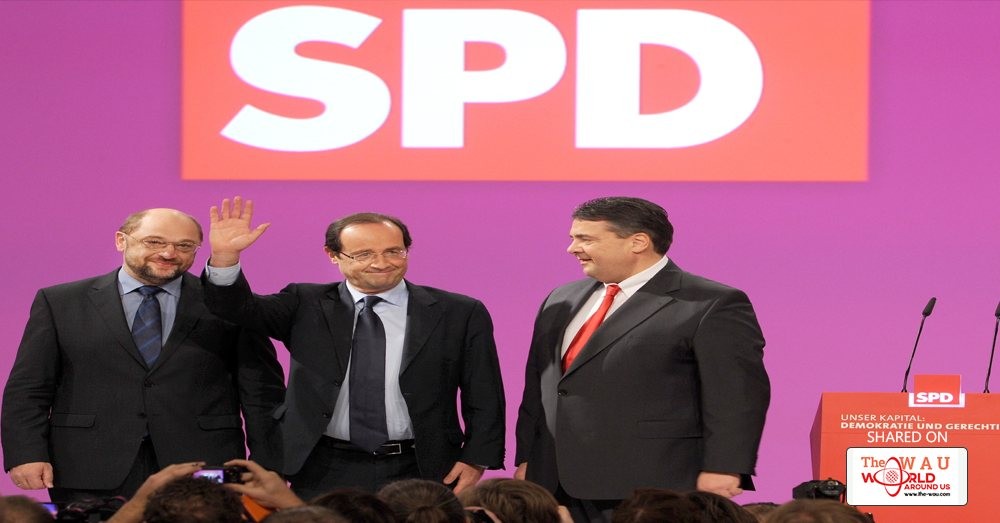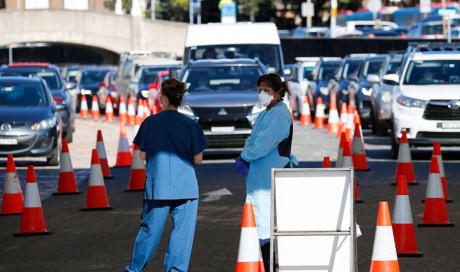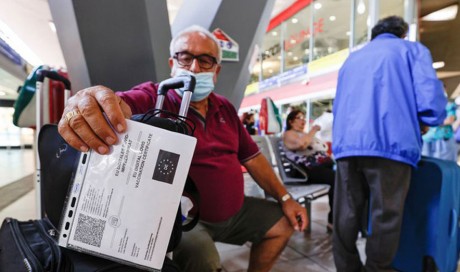High quality global journalism requires investment.Sir, Wolfgang Münchau, in “Europe’s multiplicity of crises is not accidental” (January 4), claims to discern three major cleavages within the EU which explain its present discomfiture. He tops off his analysis by claiming that enlargement was a mistake and by appealing to the Franco-German locomotive to get the EU moving again. His analysis is flawed on all counts.
The cleavage at the heart of the eurozone crisis is not between north and south but between France and Germany.
France, whose unreformable economy resembles that of Italy more than that of Germany, refuses any serious oversight of its fiscal stance by the eurozone authorities; Germany refuses any serious progress towards banking and fiscal union. It is the failure of these two core countries to strike a grand bargain that explains the euro’s continued fragility. Meanwhile Poland has supplied the EU with more accumulated gross domestic product growth than any other member state over the past decade.
Mr Münchau appears not to have noticed that the liberal Europhile centre of which he dreams simply no longer exists. Parties contesting the Schengen system and other fundamental EU policies are in power or close to power in Benelux, Denmark, Finland and Sweden.
The likely winner, according to recent opinion polls, of the first round of next year’s presidential election in France, Marine Le Pen, calls for her country to abandon the euro.
The notion of a socially liberal west is also challenged by France, which, following the appalling attacks of November 13, has introduced a three- month state of emergency suspending civil rights and liberties and whose Socialist president, to the dismay of many of his supporters, proposes to cancel the citizenship of French-born persons, convicted of terrorist crimes, who hold a second passport. This move is seen in France as an effort to steal the clothes of François Hollande’s rightwing and extreme rightwing opponents.
No EU member state in Mr Münchau’s “increasingly autocratic east” has gone this far in weakening the liberal international order, despite worrying developments in Hungary and Poland.
In Germany, Chancellor Angela Merkel needs constantly to look over her shoulder at opposition from the xenophobic Pegida movement as well as the Eurosceptic Alternative für Deutschland party.
The EU indeed faces multiple mutually reinforcing crises. But most stem from splits among the EU’s older member states. Solutions remain elusive but can only be based on a sound analysis of the underlying problems.
Share This Post















